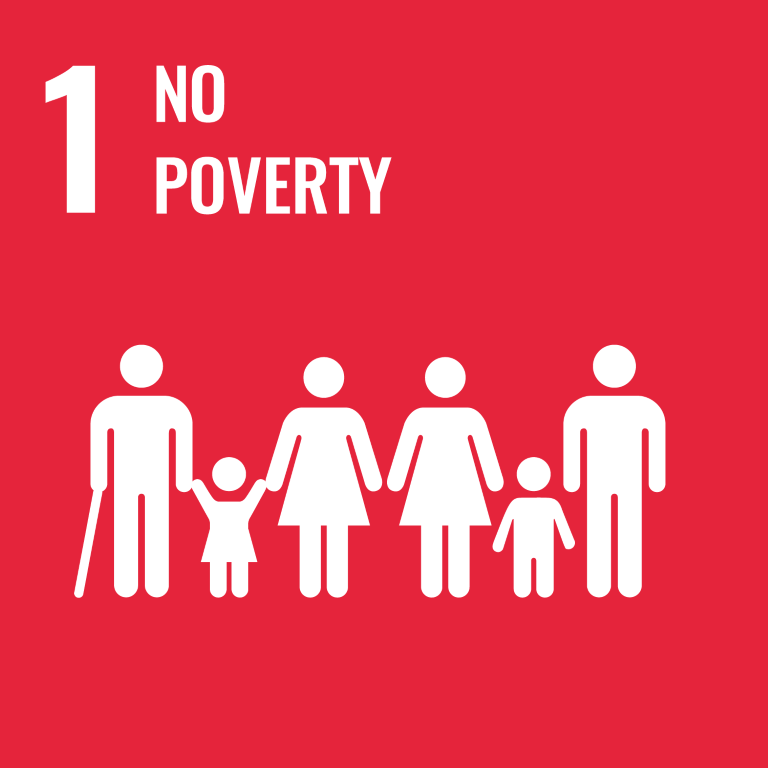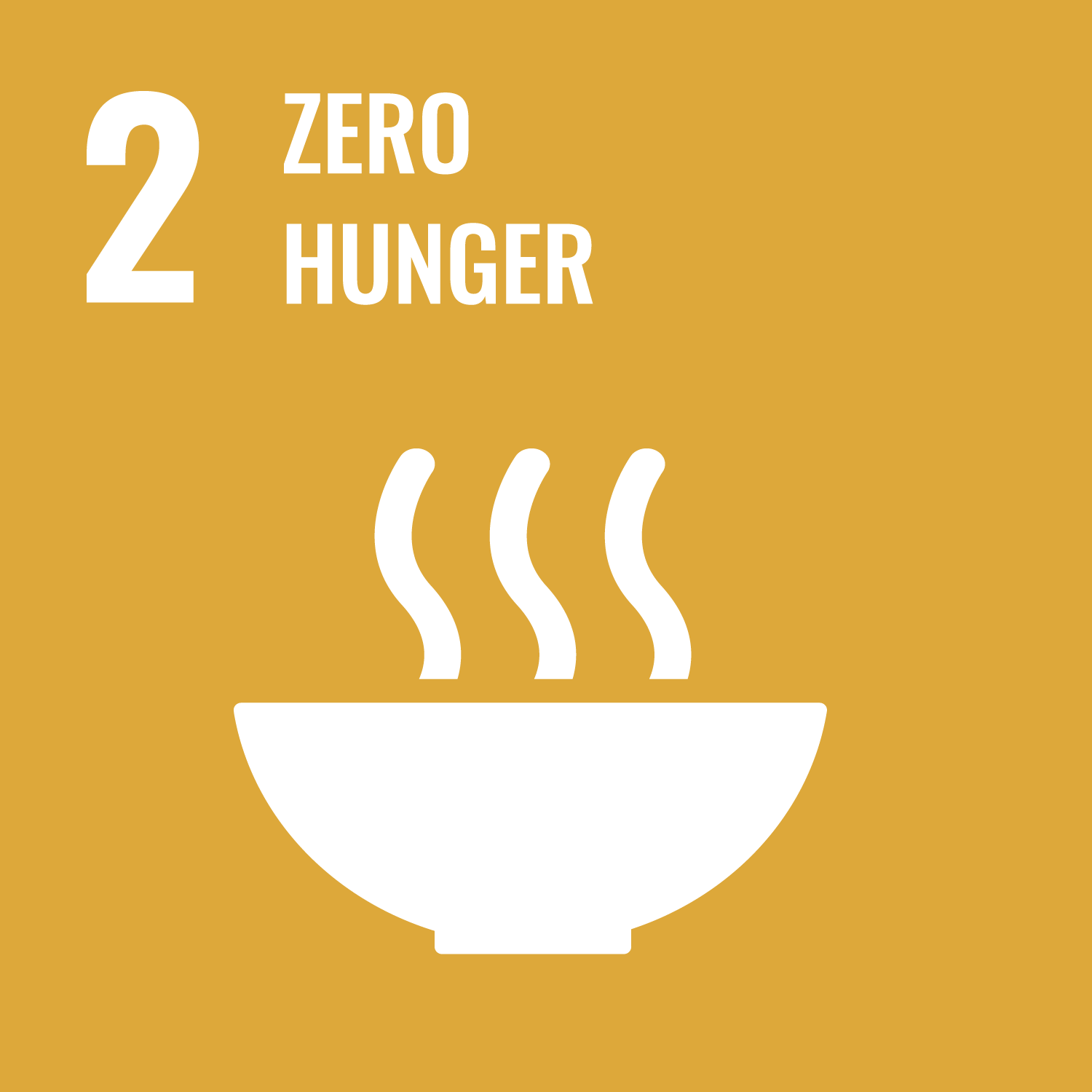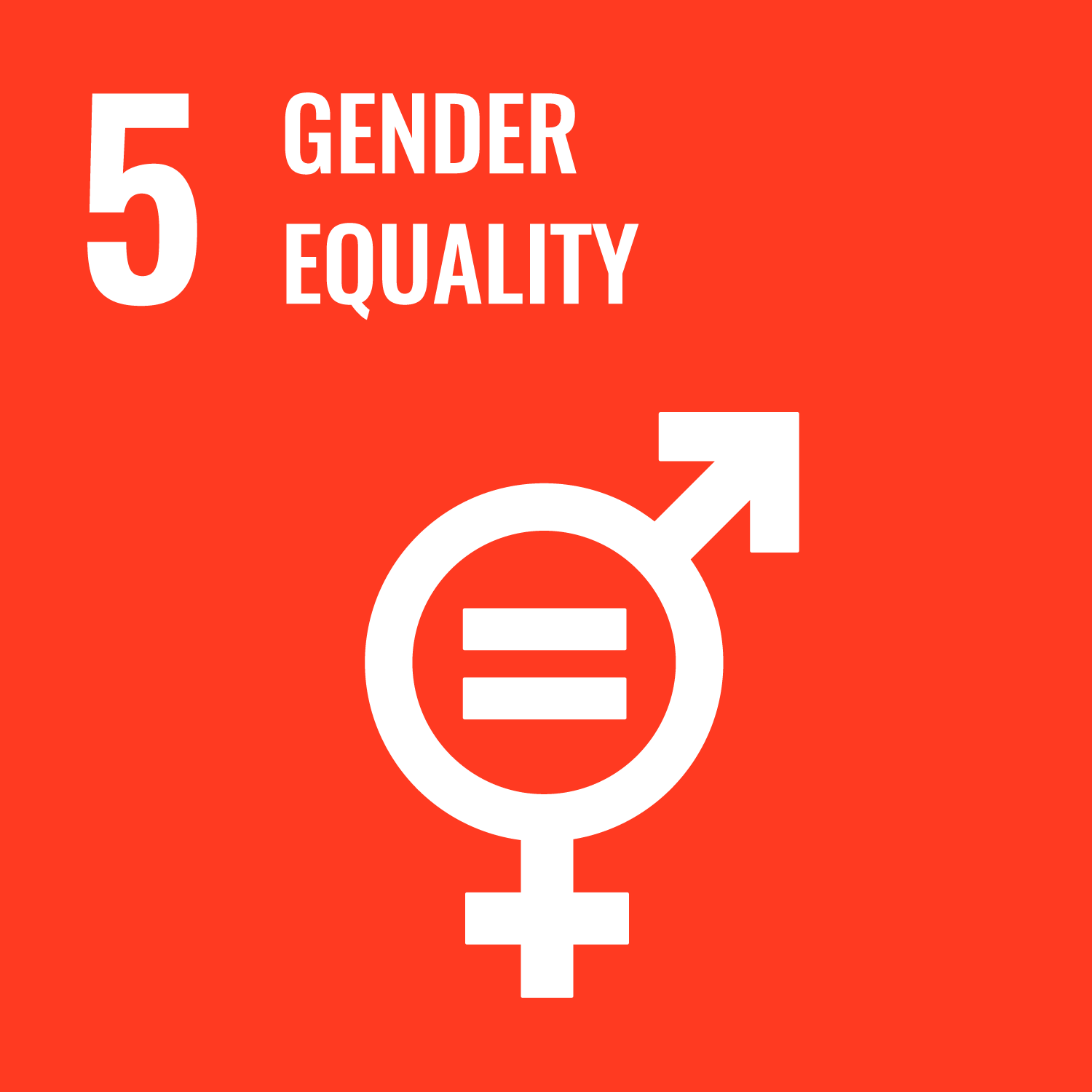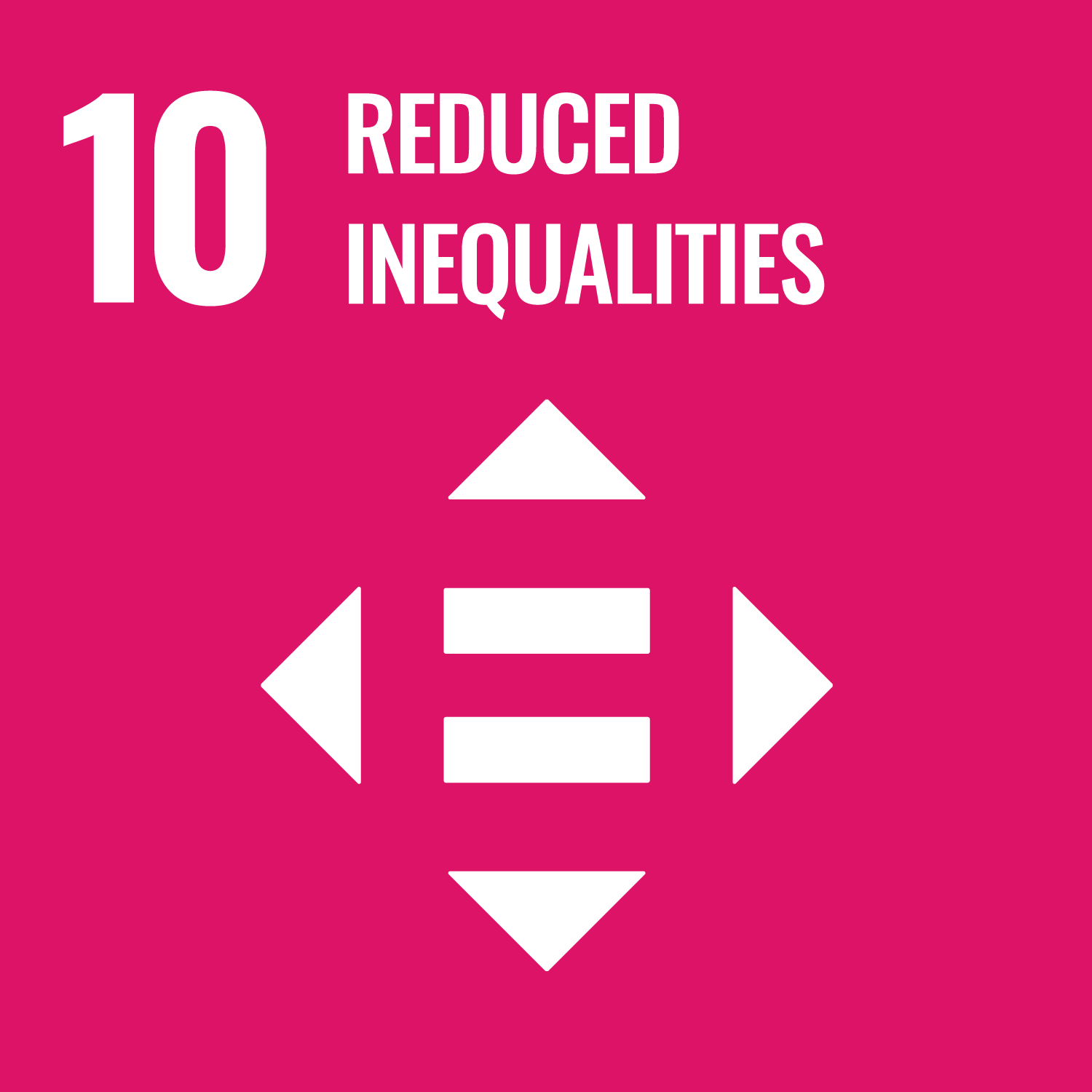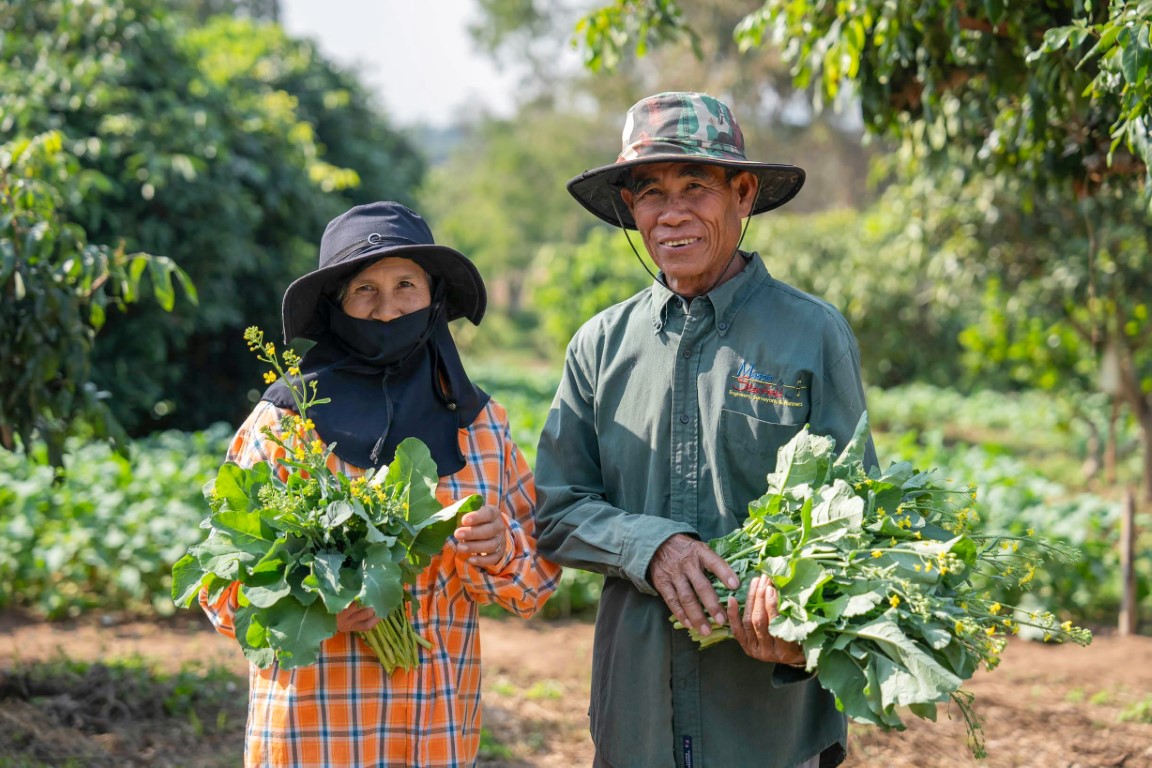
A short, online course and practical resources for farmer advisors to improve agricultural productivity by delivering gender-sensitive agricultural advisory services.
Reviews:
Certifications: Foundation
Cost: £45
Duration: 6 hours
Languages: English
Learners: 1890
Who is this for?
- Extension workers, rural advisors, and agro-input dealers, or anyone advising farmers
- Farmers may also find it useful
- Agricultural students may find the course complementary to their studies
What will you learn?
On completion, you should be able to...
Section 1: Gender in agriculture
- Identify the roles of men and women in agricultural production
- Identify women as farmers and clients of extension services
- List factors that contribute to the creation of gender gaps in agricultural production
Section 2: Identifying community needs
- Identify the impacts of gender inequality on the community as a whole
- Identify the impacts of low numeracy and literacy levels on access to advisory services and other information
- Identify the benefits of gender-inclusive approaches in agricultural extension service provision
- Apply gender analysis tools to identify the needs of women and men farmers in your community
Section 3: Responding to needs
- Prioritise farmer needs using prioritisation tools and methods
- Use information and communication technologies within your work with women and men in your community
- Identify ways to communicate the importance of gender-sensitive, inclusive advisory approaches to women, men, and other members of the wider community
- Identify potential leaders and agents for change
Digital learning skills
- Join in polls and discussions to learn from others globally
- Access course materials and work through at your own pace
- Gain feedback from automated quizzes and activities to test your knowledge
- Improve critical thinking skills by investigating internet resources
Skills Framework
This course maps to a range of related skills in the Skills for Agriculture Framework (SFA). By completing this course, you will build on the following skills:
United Nations (UN) Sustainability Goals
The UN Sustainable Development Goals (SDGs) recognise that ending poverty and other deprivations must go hand-in-hand with strategies that improve health and education, reduce inequality, and spur economic growth.
This course aligns with the following sustainability goals:
Section 1: Gender in agriculture
- Identify the roles of men and women in agricultural production
- Identify women as farmers and clients of extension services
- List factors that contribute to the creation of gender gaps in agricultural production
Section 2: Identifying community needs
- Identify the impacts of gender inequality on the community as a whole
- Identify the impacts of low numeracy and literacy levels on access to advisory services and other information
- Identify the benefits of gender-inclusive approaches in agricultural extension service provision
- Apply gender analysis tools to identify the needs of women and men farmers in your community
Section 3: Responding to needs
- Prioritise farmer needs using prioritisation tools and methods
- Use information and communication technologies within your work with women and men in your community
- Identify ways to communicate the importance of gender-sensitive, inclusive advisory approaches to women, men, and other members of the wider community
- Identify potential leaders and agents for change
This course is made up of 3 sections:
- Section 1: Gender concepts
- Section 2: Identifying community needs
- Section 3: Responding to needs
- Extension workers, rural advisors, and agro-input dealers, or anyone advising farmers
- Farmers may also find it useful
- Agricultural students may find the course complementary to their studies
- Join in polls and discussions to learn from others globally
- Access course materials and work through at your own pace
- Gain feedback from automated quizzes and activities to test your knowledge
- Improve critical thinking skills by investigating internet resources

